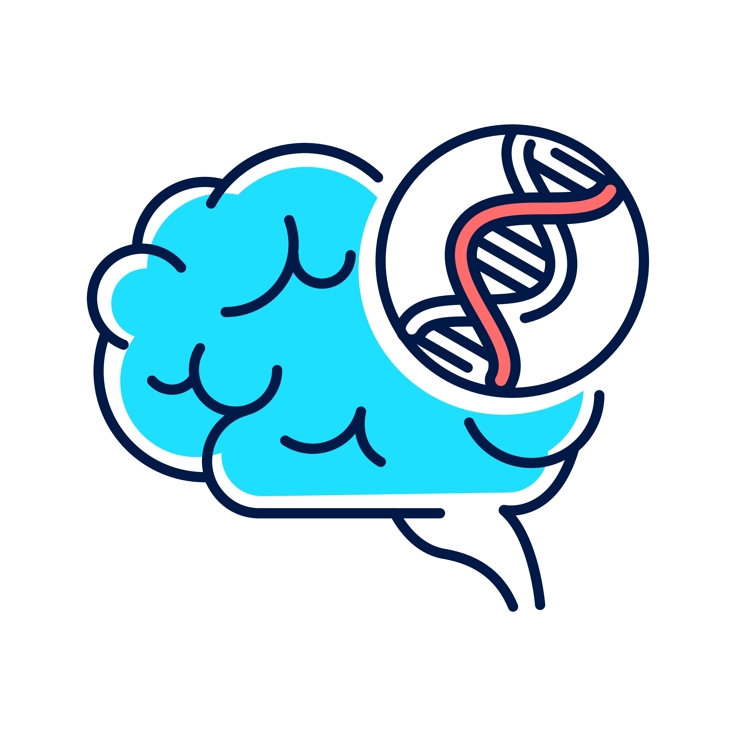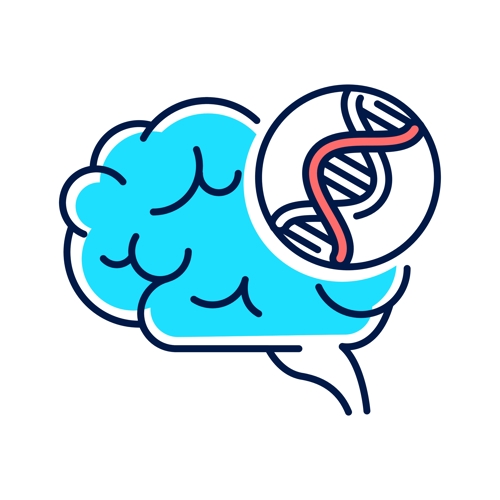About the PsychGen centre
Article
|Published
The PsychGen Centre for Genetic Epidemiology and Mental Health is an interdisciplinary research environment dedicated to advancing knowledge about mental health.
There is still much we do not know about the causes of mental health conditions and how to improve the outcomes for children, young people, and adults living with various conditions. PsychGen aims to increase our knowledge about how genes and environmental factors influence the development and progression of neurodevelopmental and psychiatric conditions throughout the lifespan. Our goal is to build knowledge with potential to improve prevention, early intervention, and treatment strategies, and ultimately lead to improved mental health outcomes for individuals and communities.
Collaboration
By bringing together experts from diverse fields, including genetics, epidemiology, psychology, and psychiatry, PsychGen takes an interdisciplinary approach to improve our understanding of psychiatric and neurodevelopmental conditions. Through broad national and international collaborative efforts, we aim to establish strong networks, infrastructure and coordination between disciplines and across research groups, providing innovative solutions to complex mental health challenges.
Our closest national collaborator is the PaGE group at the Lovisenberg Diaconal Hospital, contributing to the development and everyday activities of PsychGen.
Research
PsychGen currently have four primary areas of research: The first area is to provide a nuanced and comprehensive description and understanding of the development of mental health conditions throughout life – in different life stages, socio-economic groups, and across genders, and how this relates to diagnoses and use of health care services. Secondly, we aim to identify causal risk factors, protective factors and resistance factors related to various mental health conditions, by coordinating internationally leading competence on advanced and innovative methods. Results from this area can provide valuable insights to inform the development of tailored interventions and treatments. The third area of emphasis is to use data and analysis resources in PsychGen, including new machine-learning methods to develop prediction models with great potential for clinical utility. The fourth area of emphasis is to ensure relevance and utility of the center's research questions and findings through user involvement, communication, and translation of prevention-relevant knowledge.
The projects managed or associated with the center cover these topics: :
- Understanding development of mental health problems in the general population
- The genetics of mental disorders like anxiety and depression
- Infection/immunity in mothers during pregnancy and ADHD in children
- Pandemic and post-pandemic mental health – risk and resilience in adolescents and adults
- Self-harm among young people
- Multimorbidity and co-occurrence
- Progression of mental illness: identifying predictors of recovery
- Sleep and fatigue
- Eating problems and disorders
- Postpartum depression
We also collaborate in several large international consortia, for example:

